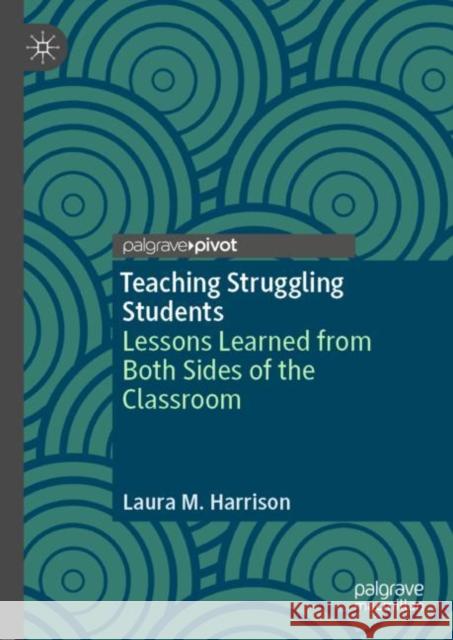Teaching Struggling Students: Lessons Learned from Both Sides of the Classroom » książka
topmenu
Teaching Struggling Students: Lessons Learned from Both Sides of the Classroom
ISBN-13: 9783030130114 / Angielski / Twarda / 2019 / 121 str.
Kategorie:
Kategorie BISAC:
Wydawca:
Palgrave Pivot
Język:
Angielski
ISBN-13:
9783030130114
Rok wydania:
2019
Wydanie:
2019
Ilość stron:
121
Waga:
0.31 kg
Wymiary:
21.01 x 14.81 x 0.97
Oprawa:
Twarda
Wolumenów:
01
Dodatkowe informacje:
Wydanie ilustrowane











